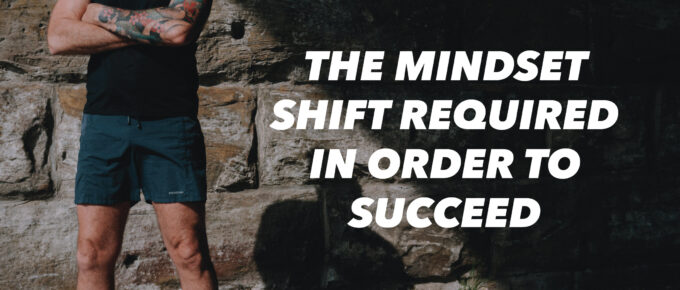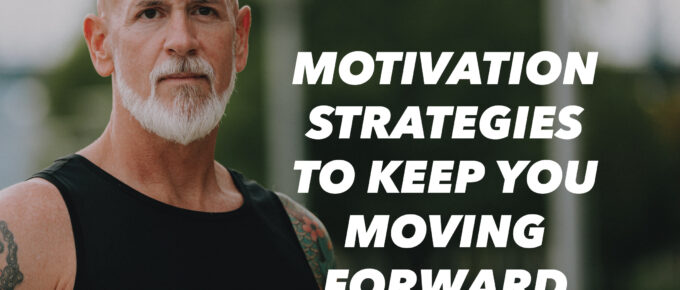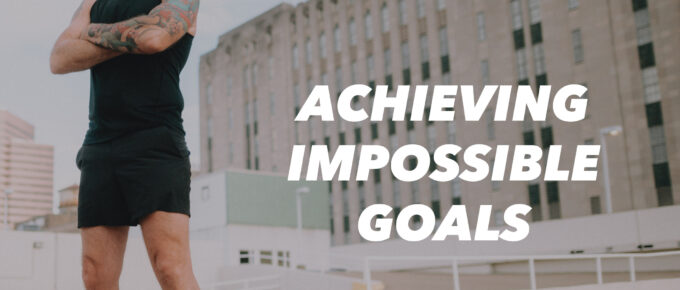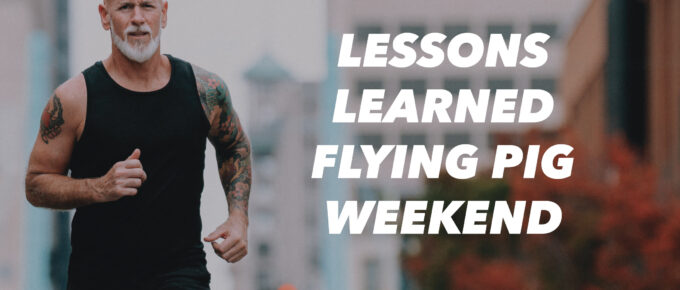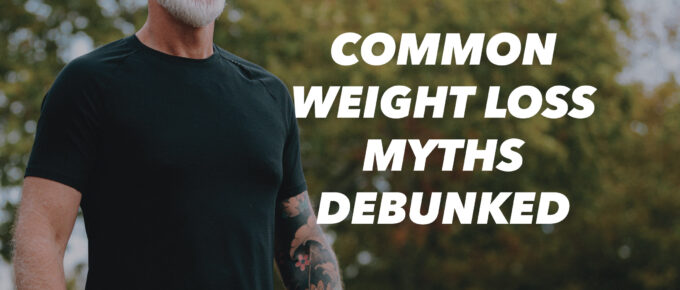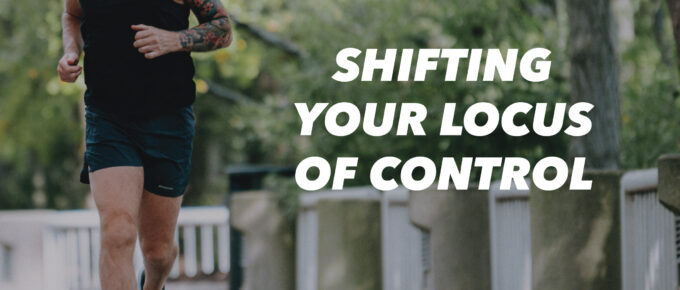Lots of factors go into whether or not you will successfully achieve a goal. How bad you want it, where you are in your life, your physical limitations just to name a few. But one of the most …
Continue Reading about 247. The Mindset Shift Required in Order to Succeed →

